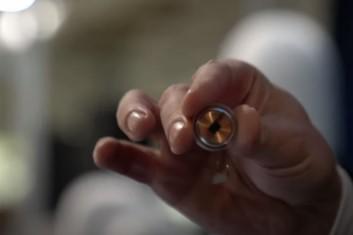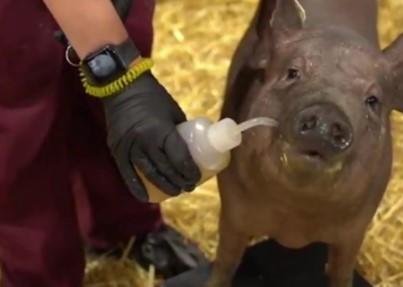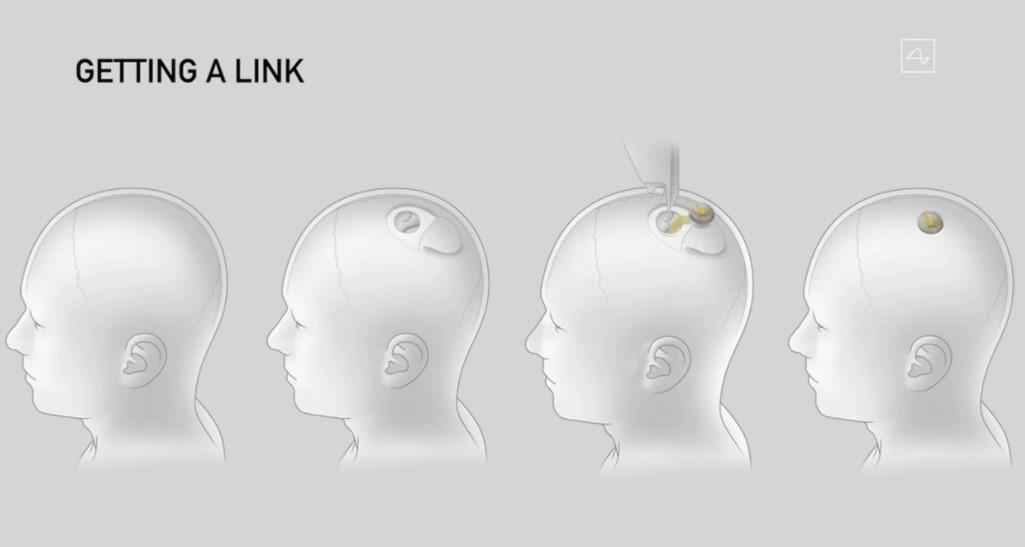MIT Debunks Musk’s Neuralink As “Neuroscience Theater” In Scathing Critique
Tyler Durden
Mon, 08/31/2020 – 20:05
Scientists at MIT have wasted no time debunking Elon Musk’s Neuralink presentation from last week.
Neuralink has said that it aims to “implant wireless brain-computer interfaces that include thousands of electrodes in the most complex human organ to help cure neurological conditions like Alzheimer’s, dementia and spinal cord injuries and ultimately fuse humankind with artificial intelligence” – a line of thinking that Elon Musk touted last week, stating on Friday that “An implantable device can actually solve these problems.”
Musk, of course, is neither a doctor, nor a scientist.
And meanwhile, actual scientists at MIT appeared to take exception with Musk’s claims in a new article published in the MIT Technology Review on Sunday. “Elon Musk’s livestreamed brain implant event made promises that will be hard to keep,” the lede states.
“None of these advances are close at hand, and some are unlikely to ever come about,” the article stated, calling most of the company’s medical claims “highly speculative.”
It also points out that – just like with solar panels, electric cars, reusable rockets, and busses on skates in tunnels – that Musk isn’t the first entrant into the space: “Researchers began placing probes in the brains of paralyzed people in the late 1990s in order to show that signals could let them move robot arms or computer cursors. And mice with visual implants really can perceive infrared rays.”
Calling Musk on his nonsense, MIT was quick to point out that “Musk deftly avoided giving timelines or committing to schedules” during the presentation. They also stated that “Neuralink has provided no evidence that it can (or has even tried to) treat depression, insomnia, or a dozen other diseases that Musk mentioned in a slide.”
They said of Musk’s pig demonstration that it was “nothing new” to neuroscientists. In fact, they noted that the technology was decades old: “…in their labs the buzz and crackle of electrical impulses recorded from animal brains (and some human ones) has been heard for decades.”
“Despite the long list of medical applications Musk presented, Neuralink didn’t show it’s ready to commit to any one of them,” the article concluded. “During the event, the company did not disclose plans to start a clinical trial, a surprise to those who believed that would be its next logical step.”
“It is unclear how serious the company is about treating disease at all,” the MIT piece concluded.
Recall, this past weekend, we highlighted how the Neuralink presentation was causing vulnerable and desperate people to hold out hope for miracle cures to all kinds of ailments.
“We hope Elon Musk’s questionable Neuralink demonstration that was given days ago was legitimate,” we said. “Because otherwise, the hope Musk is drumming up in desperate people who suffer from ailments (and whose family members and close friends suffer from ailments) would only be akin to the faith healers and psychic hotlines of the 1990’s.”
We concluded by stating that while we don’t necessarily endorse the idea that Musk faked the Neuralink presentation (although after Tesla’s Solar Roof Tile and battery swap presentations, we would certainly have good reason to), we wanted to highlight the gravity of claims that Musk has made about Neuralink.
It appears MIT wanted to do the same.
via ZeroHedge News https://ift.tt/2G8ROw4 Tyler Durden


